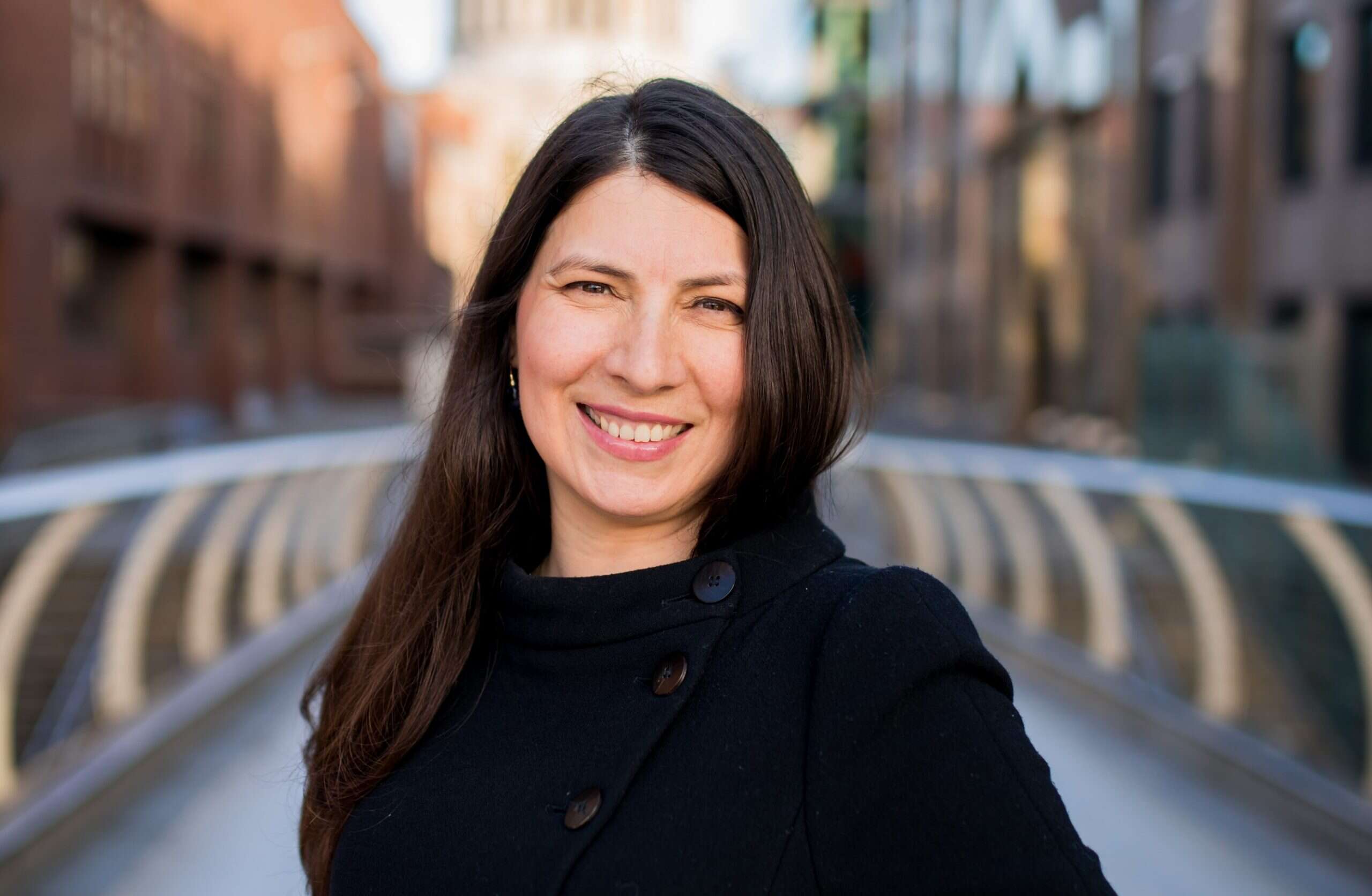

“The dynamics of aftercare are different to regular foreign direct investment [FDI],” says Carolina Arriagada Peters, managing director of Cities & Collaboration. “While there are several investment promotion agencies [IPAs] that score well in attracting investors and facilitating projects, this doesn’t mean that they also have the expertise in providing aftercare services.”
Aftercare should not be considered a luxury, but it should be taken into account from the attraction phase.
This is a gap that Cities & Collaboration is covering, as it is the first international consultancy fully dedicated to the post-investment and aftercare side of FDI. The organisation’s services include assisting IPAs in developing investor services and winning expansion projects, minimising risks related to disinvestment, and increasing the value obtained from the presence of foreign investors.
“Aftercare should not be considered a luxury, but it should be taken into account from the attraction phase,” says Arriagada Peters. “Some investors seek to secure aftercare post-investment support services, even before they invest one penny into the country.”
However, she adds that the role of an IPA is not only to serve a foreign investor in finding and entering a new location but also to create an environment where IPAs can broker third-party services. Investors need a wide range of services, many of which will fall beyond the capabilities of an IPA. Thus, IPAs should find these services on behalf of the investor, and then create a collaborative infrastructure among all parties.
How FDI can play a role in gender equality
Arriagada Peters says developing long-term relations with established investors provides an excellent platform to advance an equality agenda, especially when it comes to achieving the UN’s fifth Sustainable Development Goal, which focuses on gender equality.
She adds that as it is now proven that companies with women on their boards are more profitable, there is a need to see how this applies to FDI. “We need to look at what the business sector is doing, take the same statistics, make a case study and check whether they are valid for FDI,” she says. “We need to put the data together and get some insight.”
Arriagada Peters adds that many investors bring in gender policies when they invest overseas, moves that can be further fostered by IPAs. As an example, she says that some IPAs point investors towards gender equality initiatives or programmes. Others encourage investors to deploy programmes to incorporate women-owned small and medium-sized enterprises into supply chain contracts.
Sustainability is another area that Arriagada Peters is passionate about, and she considers it crucial for aftercare. She believes that the manner in which investors approach sustainability is strongly linked to how they understand global challenges.
“This includes corporate social responsibility policies, where there is an opportunity for IPAs to join forces with multinational companies to bring programmes to the host countries that they have in their origin country, and to support the local economy more,” she adds.
The aftermath of Brexit
Prior to serving as a managing director at Cities & Collaboration, Arriagada Peters worked for London & Partners, the city’s international trade, investment and promotion agency.
The UK attracts the best talent globally. This talent has all the mindset, discipline, creativity, flexibility and ambition to reinvent itself and the country as many times as needed.
London has been a leading global hub in terms of attracting FDI for decades, but in a post-Brexit environment, concerns are being voiced about the UK’s future as a foreign investment heavyweight.
Nevertheless, Arriagada Peters is confident about the future of the UK. “The UK attracts the best talent globally,” she says. “This talent has all the mindset, discipline, creativity, flexibility and ambition to reinvent itself and the country as many times as needed. It might take some trial and error given Brexit and the impact of Covid-19 pandemic combined, but the future is certainly bright.”
Arriagada Peters adds that the pandemic has provided a rare opportunity to rethink the FDI industry and introduce change. IPAs have responded and embraced digitalisation, with due diligence and research on-site selection now mostly taking place online. However, building back better requires the economic development community to expand its focus with regards to equality and consider a long-term view that goes beyond simply securing and facilitating investment, and taking in issues such as aftercare services, gender equality and sustainability as core drivers of an economic recovery. This is where Cities & Collaboration can help.
This article originally appeared on Investment Monitor.






